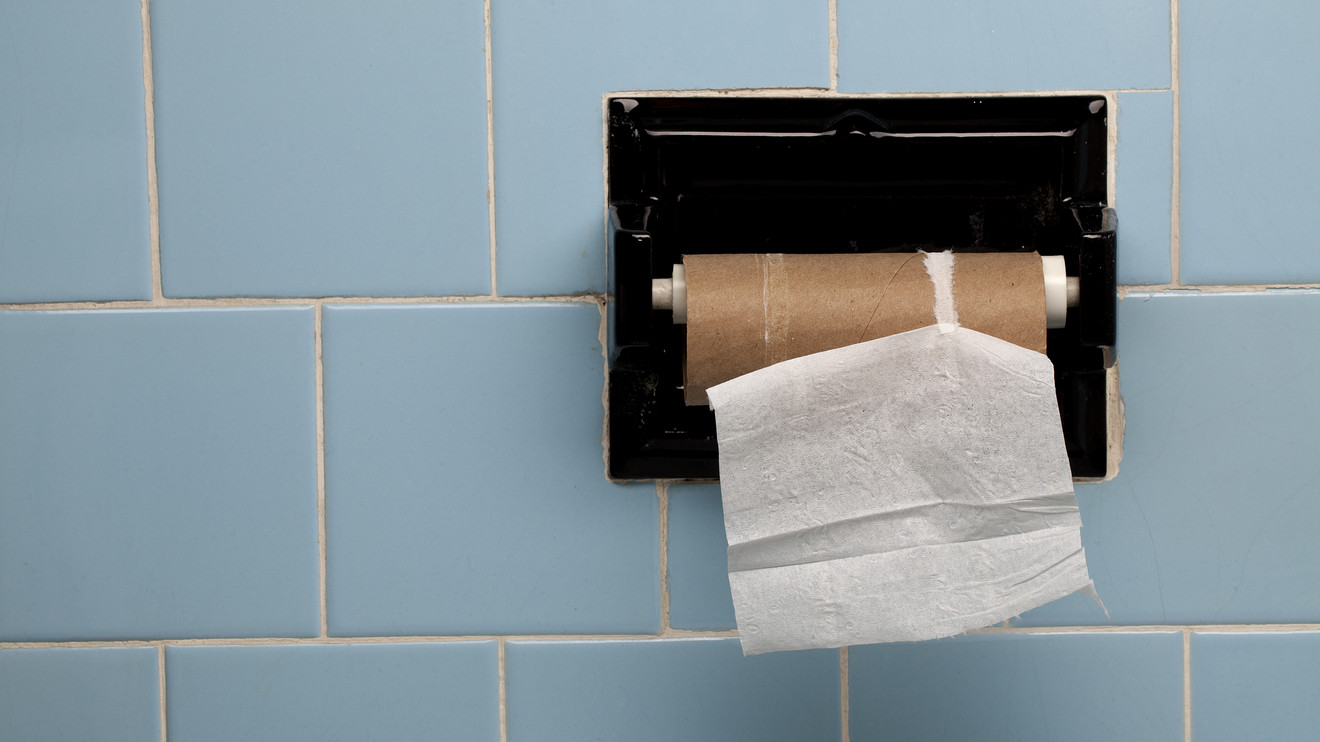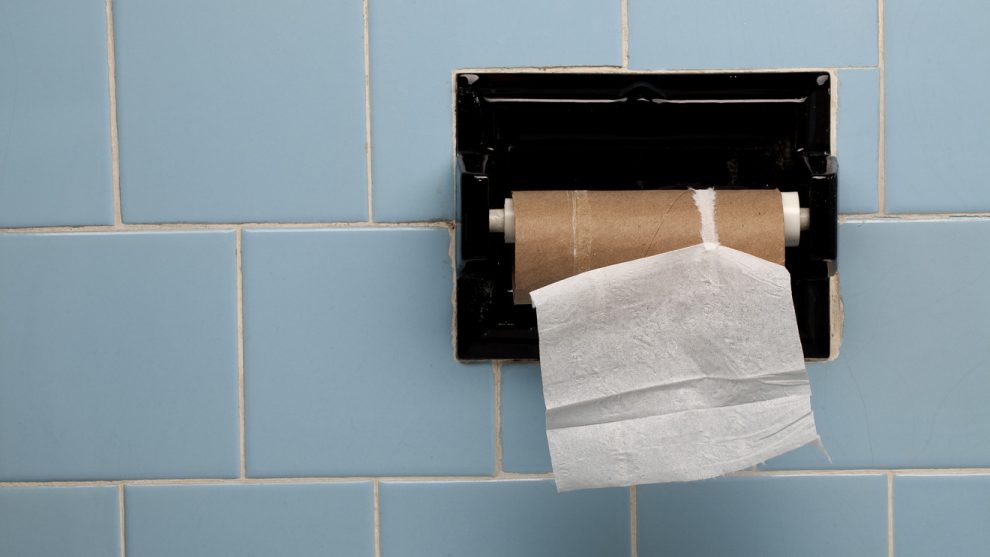
Americans have plenty of squares to spare — maybe even too many.
High U.S. demand for toilet paper is wreaking havoc on Canada’s boreal forest, according to a recent report by the National Resources Defense Council and Stand.earth, effectively “flushing forests down the toilet.”
“The vast majority of the tissue products found in our homes are made from wood pulp, the use of which drives the degradation of forests around the world,” the report said. “Their everyday consumption facilitates a ‘tree-to-toilet pipeline,’ whereby centuries-old trees are hewn from the ground, converted into tissue pulp, rolled into perforated sheets or stuffed into boxes, and flushed or thrown away.”
‘The vast majority of the tissue products found in our homes are made from wood pulp, the use of which drives the degradation of forests around the world.’
A large part of U.S. wood pulp originates in Canada’s expansive boreal forest, the report added. That’s bad news for the 600 indigenous communities that live there, plus wildlife like songbirds and boreal caribou. There are also significant climate implications, as the boreal forest stores carbon and helps absorb greenhouse gas emissions.
Canada’s boreal forest is a “vast landscape of coniferous, birch, and aspen trees” that contain some of the last of the world’s remaining intact forests, the report said. It covers 1.3 billion acres and stores 208 billion tons of carbon, according to the Nature Conservancy, which calls it “the Earth’s largest terrestrial carbon sink.”
Sales of U.S. tissue and hygiene paper market are worth approximately $32 billion — second only to China — and are projected to grow by 1.9% annually, according to Statista. Meanwhile, the U.S. leads the world in consumption of toilet paper: The average American tears through 141 toilet-paper rolls in a year, trailed by folks in Germany (134 rolls) and the U.K. (127 rolls).
The report urged tissue companies to shift from their reliance on virgin-fiber pulp to recycled material or alternative fibers that are sustainably sourced. Its score card awarded an “A” grade to 100% recycled toilet-paper brands like Green Forest, Natural Value and Trader Joe’s, while it doled out a “D” or “F” to brands like Charmin Ultra, Angel Soft and Cottonelle Ultra.
Accordingly, the report called out the parent companies of the latter three brands — Procter & Gamble, PG, +0.54% Georgia-Pacific and Kimberly-Clark KMB, +6.39% — for continuing to “rely almost exclusively on virgin pulp for their at-home tissue brands.”
“These large companies need to dedicate their substantial research and development budgets to tackling the problems their products cause for the planet,” the report said. “In the meantime, consumers can push for change with their pocketbooks, buying only those tissue products that minimize their impact on forests. Forests are too vital to flush away.”
Consumers can curb their consumption of tissue products and embrace alternatives like reusable cloth napkins and bidets, environmentalists say.
Procter & Gamble spokesman Damon Jones told MarketWatch in a statement that the company is “committed to operating sustainably” and aims to have packaging that’s 100% recyclable or reusable by 2030. He added that Procter & Gamble’s tissue and paper-towel products “contain sustainably-sourced, fast-growing renewable fibers,” and that 100% of its wood fiber “comes from responsibly managed forests.”
“Virgin fiber in tissue products is preferred by consumers, and ‘does the job’ much more efficiently,” Jones added. “By using virgin fiber from responsibly managed forests, our products are more absorbent, so consumers can do more with less waste. Paper products made from recycled materials are less soft, less absorbent and lack the strength that products manufactured from virgin fibers can provide and that are preferred by consumers.”
Georgia-Pacific spokeswoman Anna Umphress told MarketWatch that the choice of raw materials used in the company’s products was “driven by the product quality and performance characteristics demanded by our consumers.”
“Sustainably harvested virgin wood provides attributes including softness and absorbency, while recycled towel and tissue products provide a beneficial reuse for recovered paper,” she said. The company works to make sure it responsibly sources wood and wood fiber for its pulp, paper and wood products operations, she added.
And Kimberly-Clark spokesperson Terry Balluck highlighted a section of the report noting the company had committed to cutting in half its use of natural-forest virgin fiber in its tissue products by 2025. It plans to do this through the use of “alternate fiber types such as recycled fibers, plantation-grown fibers and alternative non-wood fibers,” he said.
“We understand the point of view of the NRDC, and we remain committed to an ongoing dialogue with them on the complex challenges presented in their report and demonstrating how Kimberly-Clark is working to be a part of the solution,” Balluck added.
The NRDC and Stand.earth, for their part, propose a handful of solutions. U.S. consumers can curb their consumption of tissue products and embrace alternatives like reusable cloth napkins and bidets, for starters.
“Fortunately, solutions promoting healthy forests and a healthy planet already exist,” the report concludes. “Companies and consumers simply need to embrace them.”
Get a daily roundup of the top reads in personal finance delivered to your inbox. Subscribe to MarketWatch’s free Personal Finance Daily newsletter. Sign up here.









